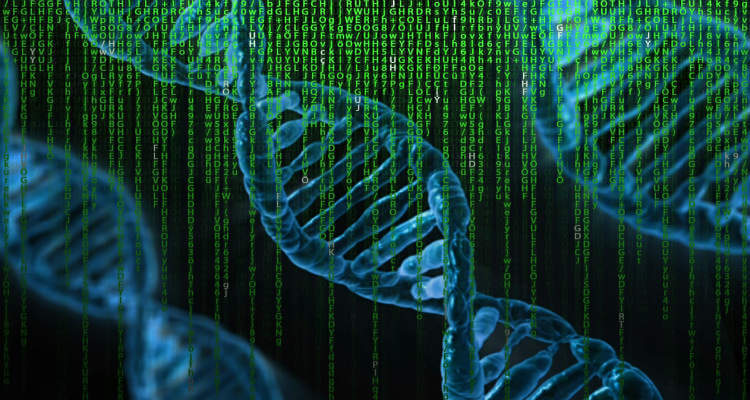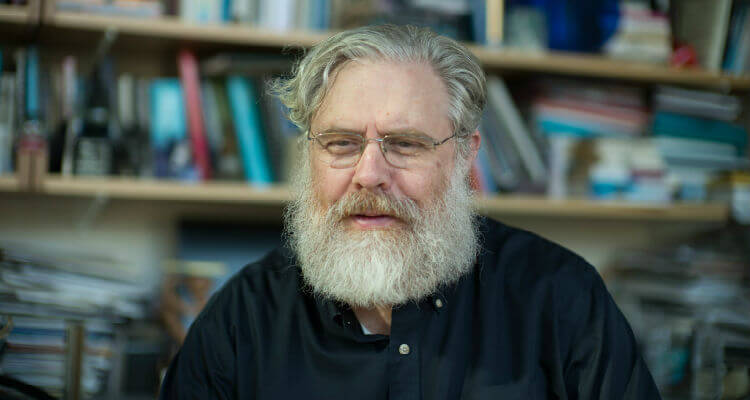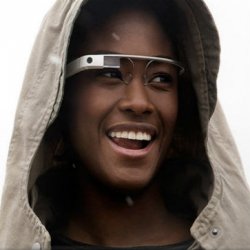Renowned Scientist George Church Is Developing a DNA Dating App
The unreleased matchmaking software aims to drastically reduce the occurrence of genetic diseases.

During an interview on 60 Minutes last December, Harvard scientist George Church revealed he’s working on a genetic-based dating app.
According to MIT Technology Review, the project is called Digid8, and its purpose is to “make sure people who share a genetic mutation, like those that cause Tay-Sachs disease or cystic fibrosis, never meet, fall in love, and have kids.”
Unlike other DNA matchmaking services, like Instant Chemistry, Church’s app will not match a person with their ideal lover.
Instead, it will rule out potential partners who carry genes linked to “illnesses that cause very premature deaths, often with pain and a lot of medical costs,” as the scientist himself told The Daily Beast. That would be around 5%t of the whole dating pool of a person, according to Church.
The backlash
Digitd8 raised many eyebrows both in the scientific community and on social media. “That sounds like eugenics,” bioethicist Dr. Elizabeth Yuko told The Daily Beast.
“I thought we realized after World War II that we weren’t going to be doing that.” Also, the Twitter user @Livia166 said “No no no no no. Stop this. I analyse genomes of people who are very poorly to try and get a diagnosis. That’s it—trying to make them better. A dating app shouldn’t have their data just as an insurer should never have their data.”
Lastly, Vice journalist Janus Rose raised concerns that the “eugenic” dating app could further marginalize disabled, trans, and non-white people. “If the people who risk being most harmed by these “innovations” aren’t intimately involved in their development, maybe it’s better to—you know—not make them at all?” she stated in a recent article.
Church’s answer to the criticism: his app has nothing to do with eugenics, he states

Following the 60 Minute interview and social media backlash, Church published an FAQ page on his website. The scientist explained how Digid8 plans to keep the users’ genetic information safe by using blockchain ledgers and encryption.
Most importantly, he firmly stated that his app has nothing to do with eugenics.
“We are adamantly opposed to eugenics, of superseding personal choice with governmental or community judgment, bullying, and coercion,” he wrote.
The app will provide a list of genetic mutations, so the users will be able to choose which ones they want to use to filter potential partners. For example, if a gene is linked to a non-lethal illness, the user can still choose to date people who carry it.
Church and his connection to Jeffrey Epstein
The fact that Church’s lab had been funded by Jeffrey Epstein in the past makes the critics even more skeptical about Digitd8. The financier created a circle of prominent scientists, including Church, to pursue his interests in eugenics and transhumanism.
The geneticist told the Huffington Post that he met Epstein for the first time in 2006, the year of his first arrest for underage prostitution. Epstein is said to have had a bizarre plan of spreading his DNA into the world by inseminating 20 women at a time in his New Mexico ranch, where he reportedly had underage girls entertain his hosts.
However, Church claims that the wealthy sex trafficker never talked to him about this shady eugenic project. Last summer, after Epstein was arrested for sex crimes against minors, Church publicly apologized for his connections with the financer.
Are we ready to choose our romantic partners based on DNA?
This is not the first time eugenics-related scandals make headlines in recent times. Last December, the New York Times journalist Bret Stephens claimed that Ashkenazi Jews are smarter than other people, attracting huge backlash.
Additionally, recently the YouTuber Stefan Molyneux was banned from Mailchimp because of his promotion of race science and eugenics.
While Church aims to offer a less expensive solution in comparison with the current genetic testing options, it’s not clear whether singles will be willing to filter out potential dates based on genetic mutations. After all, not all people are sure that they will want children in the future before they even start dating.
If Digid8 ever comes out, it will likely appeal to daters who already have genetic diseases or ethnic groups where some genetic mutations are particularly frequent. Other than that, will we rule out a seemingly perfect partner just because he carries the wrong gene?
Image source: Pete Linforth, Joi
Leave a reply
You must be logged in to post a comment.

















